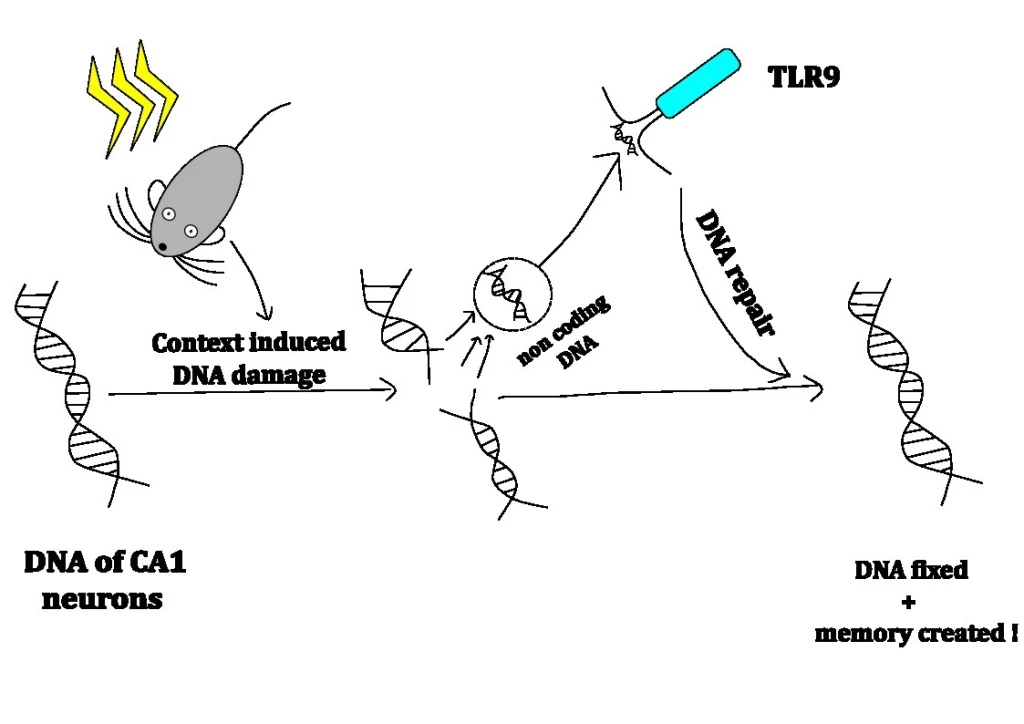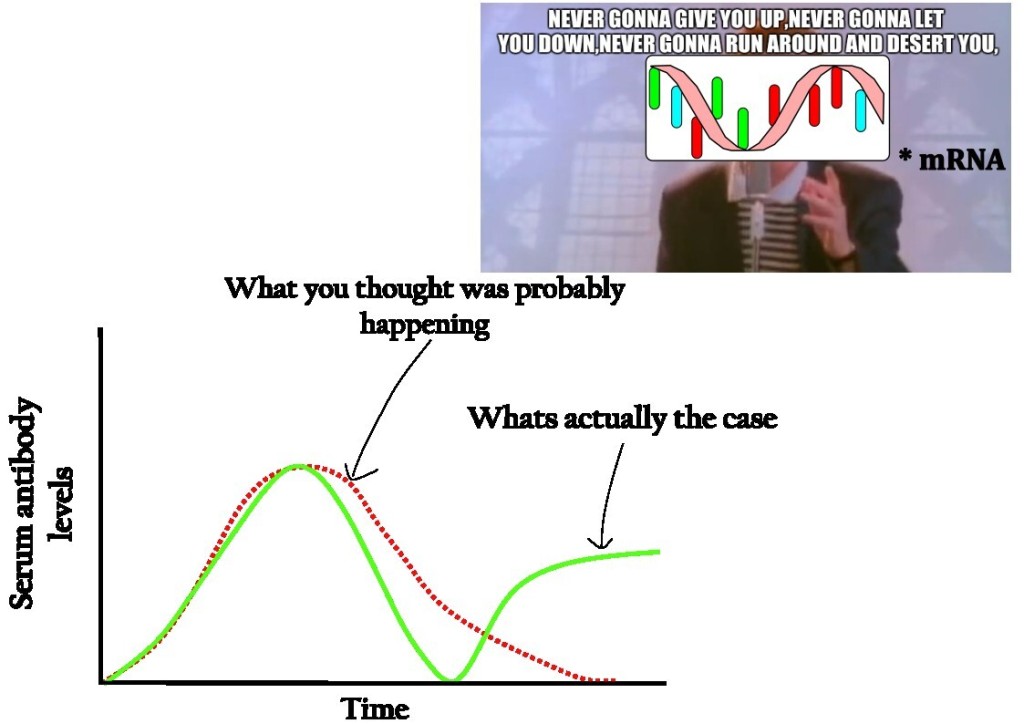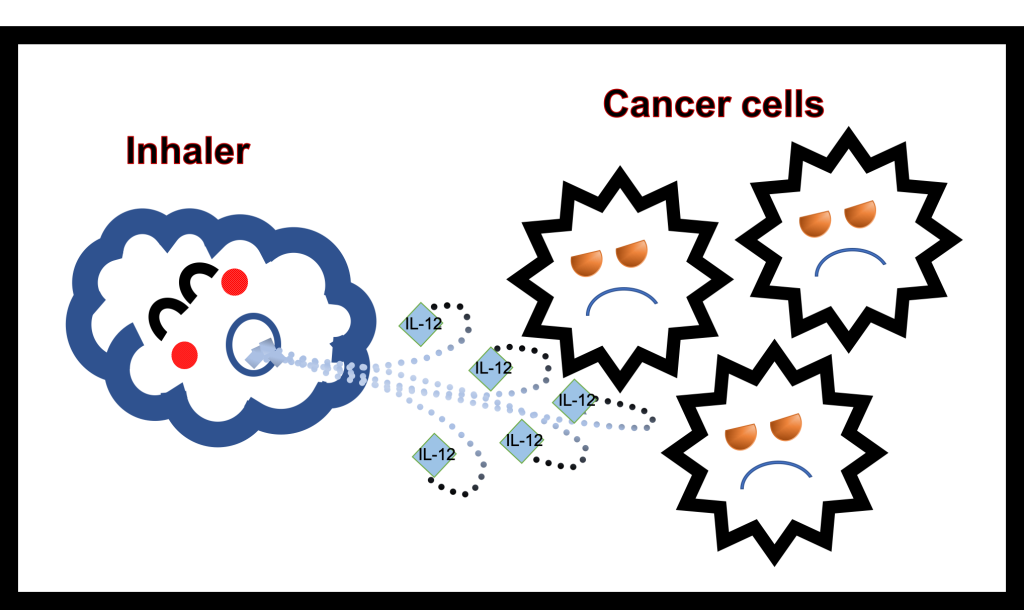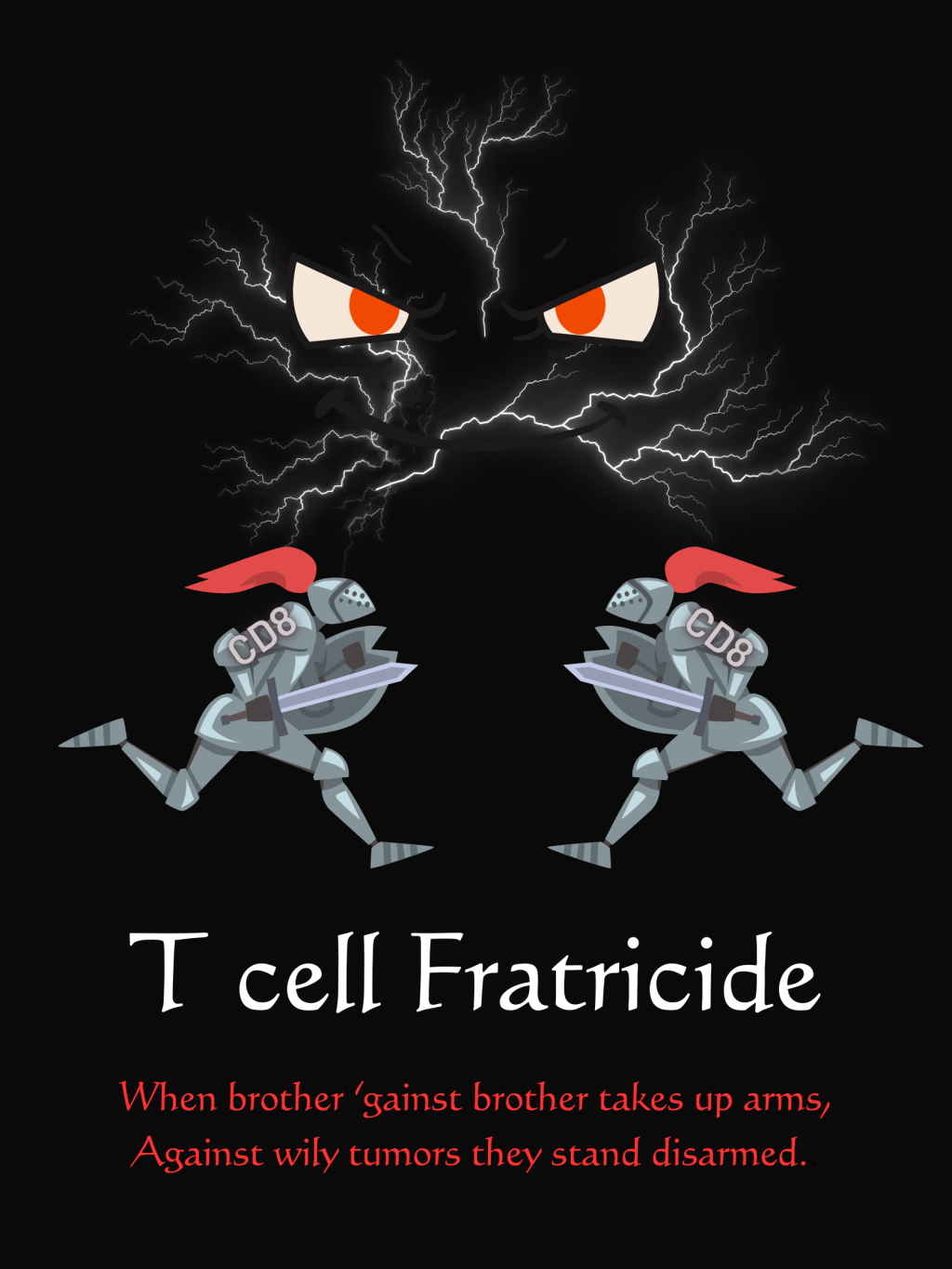Picture source: 11Alive
It is no news, vaccination against SARS-CoV-2 enormously decreases chances of severe side effects and hospitalizations, but vaccinated individuals are still not spared in this pandemic. This is mainly because of the rare breakthrough cases being reported by vaccinated people mostly caused by the newer SARS-CoV-2 strains. As of September 2021, there are four variants of concern (VOC) according to WHO: 1. Alpha, 2. Beta, 3. Gamma, and 4. Delta. On the other hand, there are five variants of interest (VOI) on which much more research is required to completely understand their short term and long-term effects: 1. Eta, 2. Iota, 3. Kappa, 4. Lambda, and 5. Mu. A recent article from University of Tokyo indicated that the Mu variant highly resists neutralization by sera from COVID-19 convalescents and from sera of individuals vaccinated by BNT162b2.
Mu variant was responsible for the surge of COVID cases in Columbia starting from May 2021 up till August 2021. Until August 30, 2021, Mu variant of SARS-CoV-2 got reported in 39 countries and is currently being monitored for a potential of increased pathogenicity, transmission, and immune resistance. A prior SARS-CoV-2 infection or vaccination deems effective only when a body can produce enough antibodies to prevent reinfection or reduce the symptoms. Unfortunately, such antibodies remain useless against a variant with reduced sensitivity to immune response. The Mu variants have been recognized to mainly have 8 mutations in their spike protein, out of which, the E484K mutation is the one responsible to resist antibody neutralization following vaccination or infection.
Till now, it was shown that the Beta variant was most resistant to convalescent and vaccinated sera, but this study clarifies that the Mu variant is now the most resistant. This was demonstrated by comparing the SARS-CoV-2 spike proteins of all currently recognized VOIs and VOCs generating pseudoviruses. Each pseudovirus consists of a different spike protein from Mu or other variants. Mu variant of SARS-CoV-2 displayed significant resistance (12.4-fold to COVID-19 convalescent sera and 7.6-fold to BNT162b2 vaccinated sera) as compared to its parental virus strain.
Although, this article only compares the antibody neutralization resistance of Mu to other SARS-CoV2 strains, this research acts as a founder study prioritizing the need to monitor and working on the mechanism and therapeutic targets for the newly emerging VOIs.
Sources:
Collier DA, De Marco A, et al.; Sensitivity of SARS-CoV-2 B.1.1.7 to mRNA vaccine-elited antibodies; Nature 2021, https://doi.org/10.1038/s41586-021-03412-7
Wang, P., Nair, M.S., Liu, L. et al.; Antibody resistance of SARS-CoV-2 variants B.1.351 and B.1.1.7.; Nature 2021, https://doi.org/10.1038/s41586-021-03398-2

Article author: Sutonuka Bhar. Sutonuka is a PhD candidate majoring in Medical Microbiology and Bacteriology at the University of Florida. Her work focuses on host immune responses against viruses and bacterial membrane vesicles.
Check out Antibuddies’ blog post “SARS-CoV2 Mu variant is resistant towards serum antibody neutralization”.
Tweet






Leave a comment